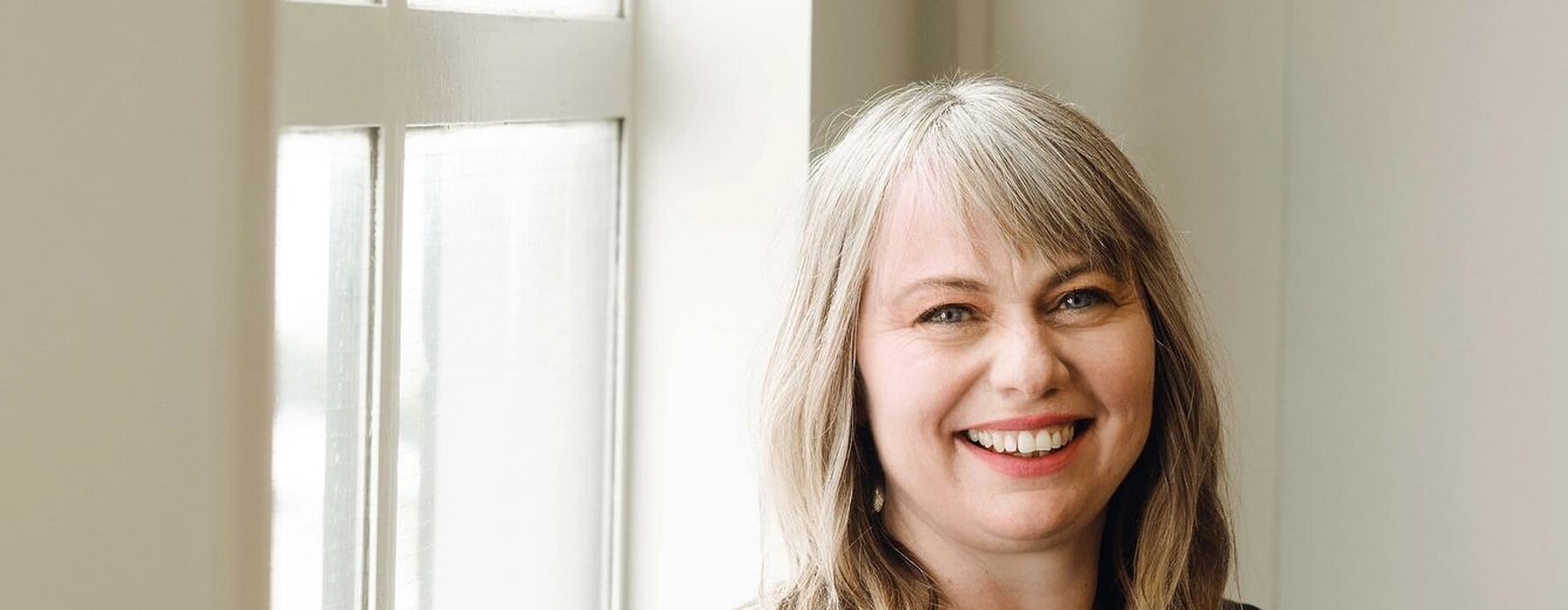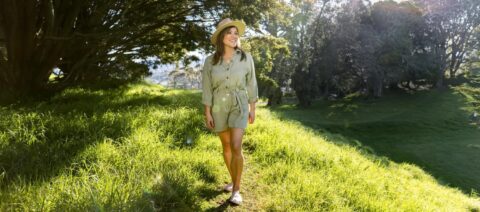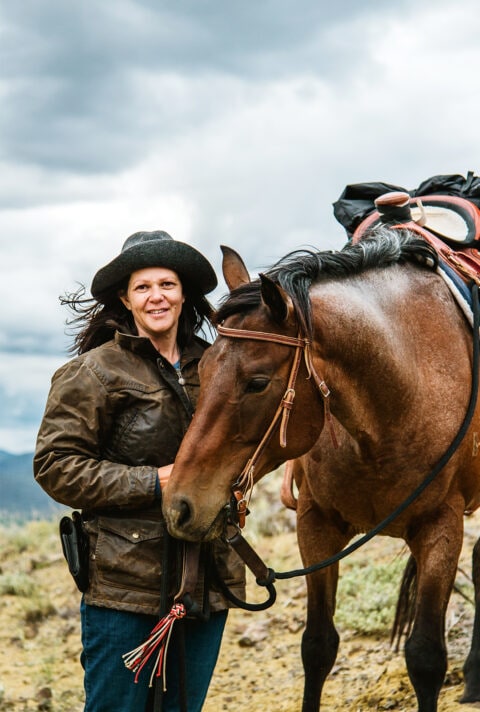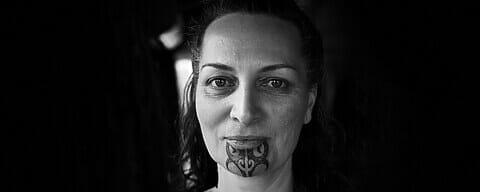As head of the NZ Drug Foundation, Sarah Helm is eager to see drug law reform in our country. She tells Sharon Stephenson about the urgent need for change.
We were supposed to be doing this interview in person. But then a bloke from Sydney visited Wellington, and Sarah Helm (Ngāi Tahu) passed through Wellington Airport just after the man who sparked the capital’s Level 2 restrictions in late June.
The NZ Drug Foundation executive director has had a Covid test which proved negative, but just in case she’d rather we did our interview by WhatsApp. As excuses go, it’s a hard one to argue with, especially as she was diagnosed with autoimmune arthritis, so she’s at a higher risk.
“When I was first diagnosed, I could barely walk,” says Sarah, 45. “But then my doctor prescribed CBD oil (derived from the cannabis plant) and within days I had no symptoms. Heck, I’ve recently taken up roller skating! But I can only get CBD oil on prescription, and because it isn’t funded by the government, it costs $350 a month.
“It would have been a completely different story if last year’s cannabis referendum had passed,” she says, sighing loudly.
Decriminalisation is just one of the issues Kāpiti-based Sarah is facing in her role as head of the Drug Foundation. She’s the first woman, the first Māori, the first single mother and the first bisexual person to hold the not-for-profit role.
That’s a lot of firsts, but Sarah has been breaking moulds since she was a child. Born in South Auckland to teenage parents, Sarah’s Pākehā mother raised her and her younger sister Tina on her own.
“There was a fair bit of childhood trauma which I’ve been unravelling in counselling. But even though life wasn’t always easy, I refused to become the statistic that society expected me to be,” she says.
“Even though life wasn’t always easy, I refused to become the statistic that society expected me to be.”
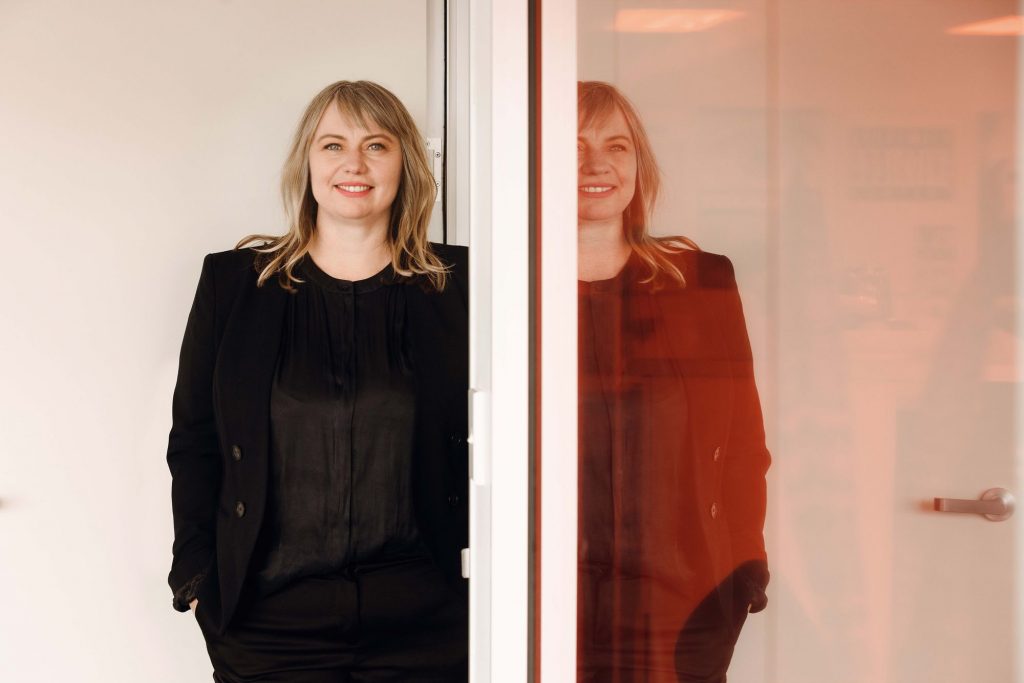
Sarah became obsessed with politics and was the first in her whānau to go to university, where she completed a degree in politics, English and economics, followed by a diploma in journalism. Despite a job offer from Radio New Zealand, her main driver was always social change, so she instead took a role at the New Zealand Aids Foundation, where she headed up the youth section.
From there, roles at trade unions followed, at the Alcohol Advisory Council and, in 2013, as the general manager of the Green Party.
Her stint in politics turned out to be the best and worst of times.
“Leading a party into a general election was absolutely amazing. But it was also exhausting,” she says.
By then, Sarah was a single mother of sons Alexander, 10, and Jarvis, eight, sharing parenting with her former wife, who lives nearby.
“Doing that kind of job in an election year with two young children was too much. I needed to step away for a while.”
After a break, she joined teachers’ union NZEI and last year helped lead the communications for the government Covid-19 response.
There’s every chance she might still be there if she hadn’t been shoulder-tapped for the Drug Foundation role by Ross Bell, her predecessor who’d been in the job for 16 years. It’s a role aimed at research, education and a reformed approach to drugs and alcohol, and one Sarah believes she brings a different perspective to.
“I really believe we need single mums and women of colour to be at the table because our rich set of stories and experiences matter in decision-making roles,” Sarah says.
She certainly has her work cut out for her: one of the Drug Foundation’s priorities is to shift legislation from being punitive to health-based. In other words, to help users rather than punish them.
“I was born a month before the Misuse of Drugs Act 1975 was introduced, which shows you how hopelessly out of date it is! We urgently need drug law reform in New Zealand because there’s currently no harm-reduction provision within our laws, apart from the Needle Exchange Programme from 1987 and a bit of drug testing.”
The focus, she says, wringing her hands, is to shift towards decriminalisation of drugs.
“Research shows that convictions do nothing to deter younger drug users. But when you decriminalise drugs, it actually helps users, because it encourages them to get help, to have honest conversations with, for example, their doctor, so that they can work on their addiction and prevent things like harder drugs, overdoses, criminal records and ruined lives.”
A health-based approach would also mean massive savings in the criminal justice sector, she insists.
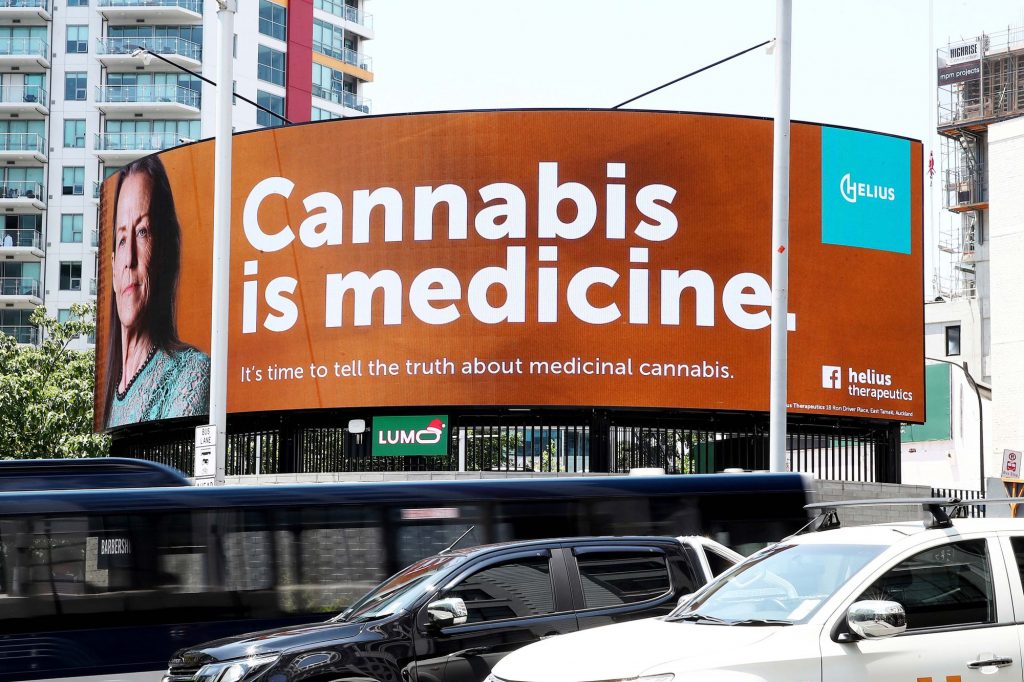
“Look at the Portuguese example, where drugs were decriminalised 20 years ago. While it didn’t have much impact on usage rates, it greatly reduced HIV and hepatitis rates, as well as overdoses and hospitalisations.”
There are three basic pillars to drug policy, she explains: supply and control, which focuses on the dealers and supply of drugs; harm reduction; and demand reduction. Sarah believes that here in Aotearoa, we’ve focused too heavily on the supply and control part of it.
“We really need to look at the other two areas as well, at policies grounded in science, health and human rights.”
That includes testing substances such as synthetic cannabinoids and emerging drugs.
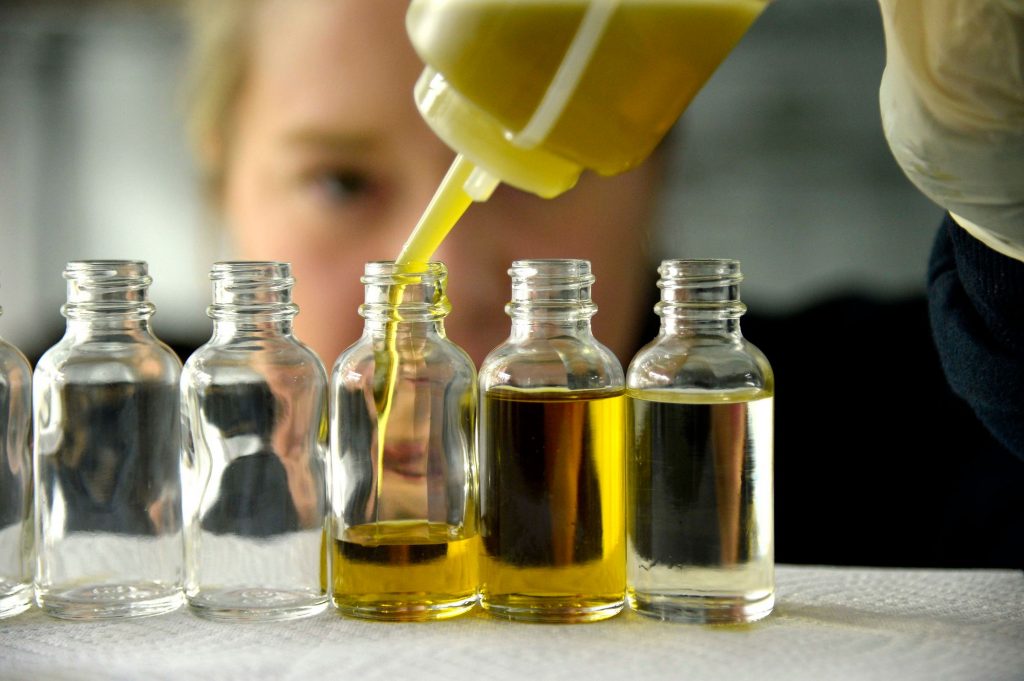
“People think if we ban drugs they will happen less, which evidence shows is untrue. Our role is to reduce the worst harms of these drugs.”
Although Sarah has never experienced drug addiction, she is (mostly) sober. Despite having worked in the alcohol moderation sector, in 2017 she found herself hitting the bottle too heavily and too often.
“I never drank around the kids but the end of my marriage and not having my babies with me all the time was so painful. Many women who have shared custody will relate to that pain of not seeing your children every day. I also suddenly lost my second mum about a year after my separation and the grief was off the charts. Added to that, the pressure of my work massively compounded things. And I just became really unhealthy. So I put the bottle away and it only comes out occasionally.”
Life, admits Sarah, is so much better without alcohol. “I don’t need it. It’s not helpful and it’s also bad for my arthritis.”
When she’s not at work or with her children, you’ll find Sarah roller skating near the Paekākāriki home she bought two years ago, or planning how she’s going to renovate the three-bedroom cottage with views of native bush. Sarah is also trying to find her way back to another relationship but says a major bugbear is that there’s still such a stigma around bisexuality.
“Being gay or lesbian is largely accepted, which is great, but bisexuality is still not seen as acceptable, especially when you’re old like me! But I refuse to keep half of me closed off because of society’s idea of what’s wrong and what’s right.”

